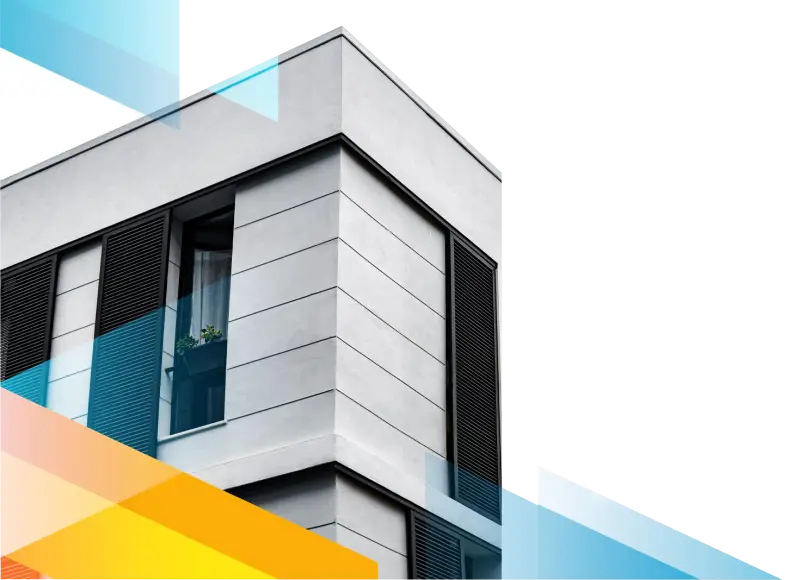Refinance Your Mortgage in Bill, Wyoming

Introduction to Mortgage Refinancing
Mortgage refinancing is the process of replacing your existing home loan with a new one, often to secure a lower interest rate, adjust the loan term, or modify other conditions to better align with your financial goals. This can be particularly beneficial for homeowners in Bill, Wyoming, where current market conditions, such as fluctuating interest rates, may present opportunities to reduce monthly payments or access equity.
For residents in Bill, Wyoming, refinancing can help adapt to changing economic situations, like rising costs or shifts in income. By exploring options such as refinance loans, you can potentially shorten your loan term to pay off your mortgage faster or extend it for lower payments, all while taking advantage of tools like our loan calculator to estimate outcomes. Additionally, if you\'re considering broader mortgage services, visit our mortgage loans page for more details on how we support homeowners in areas like Wyoming.
Whether you\'re aiming to consolidate debt or remove mortgage insurance, refinancing empowers you to tailor your loan to your current needs. To learn more about specific programs available in Wyoming, check out resources on our pre-approval process or explore mortgage loans in Bill, Wyoming for localized assistance.
Benefits of Refinancing
Refinancing your mortgage can offer several key advantages, especially for homeowners in Bill, Wyoming. By securing a new loan with better terms, you may lower your monthly payments, reduce your interest rates, or adjust your loan duration to better suit your financial goals. This process can lead to significant cost savings and improved cash flow, allowing you to allocate funds toward other priorities.
One major benefit is the potential to lower your interest rate. For instance, with current Wyoming mortgage rates around 6.29% for a 30-year fixed loan, refinancing could help you secure a more favorable rate if your credit has improved. This not only reduces your monthly payments but also saves you money over the life of the loan. To explore how this might work for you, visit our Loan Calculator page for accurate estimates.
Additionally, refinancing can improve your cash flow by shortening your loan term, such as switching to a 15-year option, which might align with Wyoming's stable housing market. This could help you build equity faster and avoid long-term interest costs. In Wyoming, where the median home price is around $346,014 and homeownership rates are high, these changes can be particularly advantageous given local economic conditions like steady rates between 6-7% in 2025.
Other benefits include the ability to remove private mortgage insurance if you have sufficient equity, or even consolidate high-interest debt. For more on how these options might fit your situation, check out our Refinance Loans page or explore resources for Converse County, Wyoming. If you're ready to proceed, you can also learn about our loan officers at Loan Officers or reach out via our Contact Us page for personalized assistance.
Types of Refinance Loans
Refinancing your mortgage can be a smart financial move, and at Summit Lending, we offer various options to suit your needs in Bill, Wyoming. Below, we outline the key types of refinance loans, their purposes, and when they might be suitable for you.
Rate-and-Term Refinancing
Rate-and-term refinancing involves replacing your existing mortgage with a new one that has a different interest rate, loan term, or both, without taking out any additional cash. The primary purpose is to lower your interest rate for reduced monthly payments or to shorten the loan term to pay off your home faster. This option is suitable if you have a good credit score and current market rates are lower than your existing rate, allowing you to save on interest over time. For example, if you're looking to adjust your loan terms while staying in Bill, Wyoming, consider how this could align with your long-term goals, such as exploring other loan options on our nearby refinancing resources.
Cash-Out Refinancing
Cash-out refinancing lets you replace your current mortgage with a larger loan amount and receive the difference in cash, which you can use for home improvements, debt consolidation, or other expenses. The purpose is to access your home's equity while potentially securing a lower interest rate. This is ideal if you have significant equity built up—typically at least 20%—and need funds for investments or emergencies, but be mindful of the potential for higher monthly payments. In Bill, Wyoming, this could be a great fit if you're planning major projects, and we recommend checking our construction loan options if your cash-out is for building purposes.
When selecting the right refinance option, consider your financial situation, including your credit score, equity, and long-term objectives. For instance, if lowering payments is your goal, rate-and-term might be best; if you need cash, go for cash-out. Always compare your choices using our loan calculator to estimate payments, and feel free to reach out to our experienced loan officers via our loan officers page for personalized guidance.
Eligibility and Requirements in Wyoming
To refinance your mortgage in Wyoming, you need to meet general eligibility criteria that ensure you are financially prepared. A key factor is your credit score; typically, lenders require a minimum score of 620 for conventional loans. You can use our loan calculator to better understand how your credit score impacts your options.
Another important requirement is having sufficient equity in your home, often at least 20% to avoid private mortgage insurance. In Wyoming, factors like the state's housing market and programs such as those from the Wyoming Community Development Authority may influence this process. For more details on state-specific assistance, explore our resources on mortgage loans in Wyoming.
Your debt-to-income (DTI) ratio should generally be 45% or lower, helping lenders assess your ability to manage payments. Preparing necessary documentation, such as proof of income, tax returns, and recent bank statements, is essential for a smooth application. We recommend starting with our pre-approval process to gather what you need and move forward efficiently.
For additional guidance, visit our about page or contact our experienced loan officers via the contact us section.
How to Apply for Refinancing
Refinancing your mortgage in Bill, Wyoming, can help you secure better terms and lower rates. Start by assessing your current loan, including your interest rate, loan term, and monthly payments, to determine if refinancing aligns with your financial goals.
Next, use our loan calculator to estimate potential savings and payments based on current rates. This tool will provide valuable insights into how different options might affect your budget.
Once you have a clear picture, compare refinancing options by visiting our refinance loans page for detailed information. For specific guidance in nearby areas, check out resources for Converse County or the 82631 Zip Code.
To proceed, get preapproved by exploring our preapproval page, which offers assistance for prospective applicants in Wyoming. For more tips and next steps, visit our blog or connect with our experienced loan officers.
If you\'re ready to apply, head to our application portal to upload documents and provide necessary information securely.
Frequently Asked Questions
What is the typical timeline for refinancing a mortgage?
Refinancing a mortgage in Bill, Wyoming, generally takes about 30 to 45 days from application to closing, depending on factors like your lender's processing time and any required appraisals. To speed up the process, ensure all documents are ready and your credit is in good shape. For more on preparing, visit our pre-approval page.
What are the costs involved in refinancing?
Costs for refinancing typically range from 2% to 6% of your loan principal, including closing fees, appraisal fees, and possible origination charges. A common misconception is that refinancing is always free; however, while some lenders offer no-closing-cost options, these often mean higher interest rates over time. To estimate these costs accurately, use our loan calculator for general purchase and refinance loans.
How does refinancing impact my credit score?
Applying for refinancing involves a hard inquiry, which can temporarily lower your credit score by a few points. However, if you make payments on time with the new loan, your score could improve over time. A misconception is that refinancing always hurts your credit long-term; in reality, it depends on your payment history. For advice on maintaining strong credit, check out our mortgage loans page.
Are there common misconceptions about refinancing?
One misconception is that you need 20% equity to refinance, but options like FHA streamline refinances are available with less. Another is that refinancing extends your loan term unnecessarily; you can choose to shorten it for faster payoff. Always compare options to avoid surprises. Explore our about page to learn more about our approach.
What tips can help ensure a successful refinancing experience?
To succeed with refinancing, first strengthen your credit score and reduce your debt-to-income ratio. Compare at least three lenders, get pre-approved early, and understand all fees involved. For additional resources, visit our blog for tips on the mortgage industry or our purchase loans page for related insights. Remember, our team at Summit Lending is here to guide you through the process.


